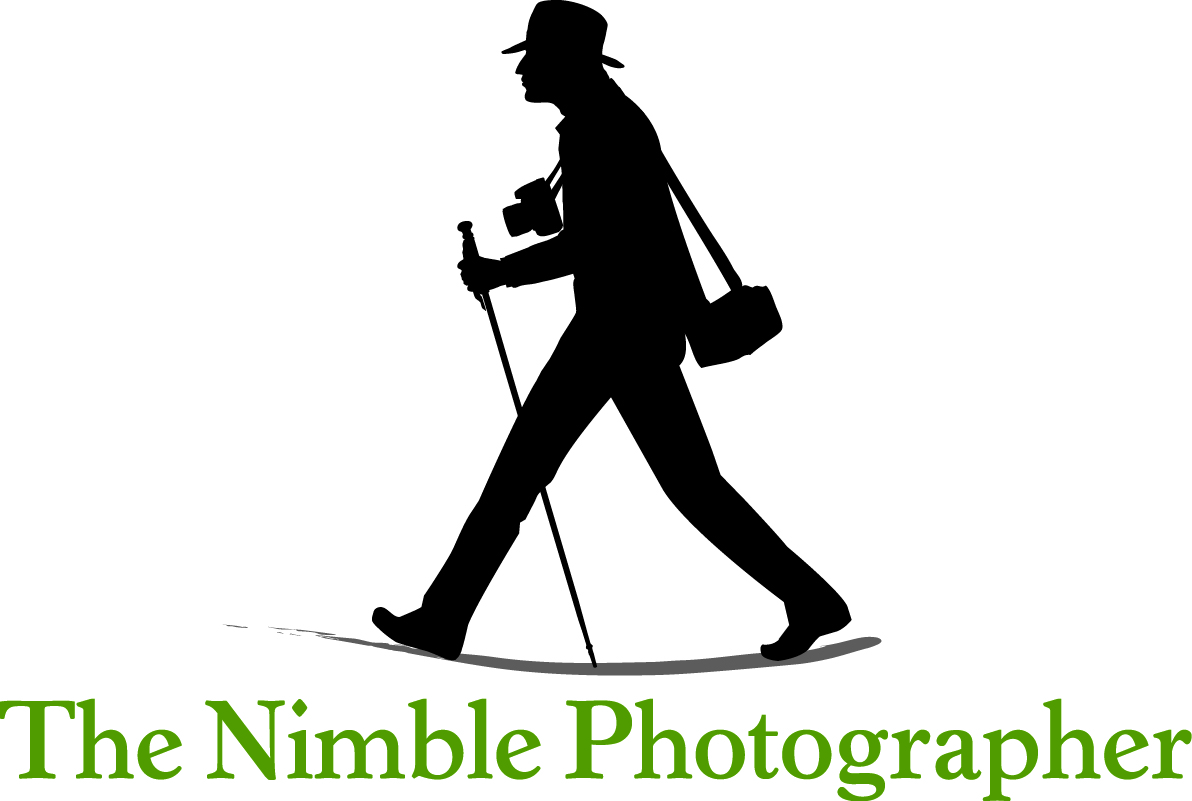The hardest part of my job is paying for content -- the stuff I create.
The Web has always been tricky this way. At its core, the Internet is a free information sharing service. That, along with its ubiquitous presence, is what separates it from many other types of media.
And like other information sources, the Web is wildly competitive. It's this wonderful mix of professionals and amateurs alike, with every topic conceivable fair game for discussion.
I began my move from print to electronic in 1997 when I built storyphoto.com in the wee hours of the morning. It's still online, now as a historical document. I was a hobbyist then. I paid the rent with my day job.
In all of those years since, I've never had a hard time thinking of things to write about. The balancing act has been generating enough revenue while I create that content.
With The Digital Story Podcast for example, I've resisted putting commercials at the top of the show. My reasoning is that people want to hear the news or a feature when they first tune in, not an advertising spot.
Sponsors hate that. They want to be up front -- at the beginning of the show and at the top of the website, like a toll booth you must pass through.
Instead, my approach is advertorial. I look for products and services that I think have real value, and I tell their story, hoping to educate along the way. Even if you don't buy the product, you learn something new.
Even so, I have to add this ingredient in measured amounts. A little too much, and the scale tips the wrong way.
Not enough, well, then I'm back in 1997.
-Derrick
